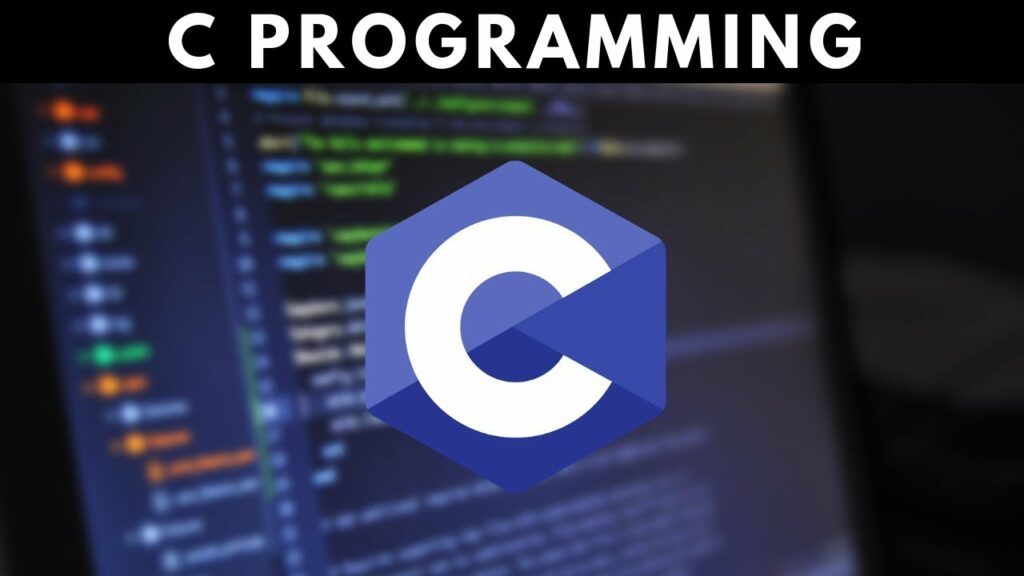
Free eBooks for Beginners
Error handling is an important part of programming in any language, including C. It refers to the process of detecting and handling errors that occur during the execution of a program. Proper error handling helps to ensure that your program runs smoothly and effectively, and can prevent serious problems from occurring.
In C, errors can occur for a variety of reasons, such as trying to access memory that is not available, dividing by zero, or trying to read from a file that does not exist. When an error occurs, it is important to handle it in a way that will prevent the program from crashing or producing incorrect results.
One common approach to error handling in C is to use error codes. When an error occurs, a function can return an error code indicating that something went wrong. The code can then be checked by the calling function, which can take appropriate action based on the error code. This approach can be useful, but it requires careful attention to detail and can be difficult to implement correctly.
Another approach to error handling in C is to use exceptions. This is similar to the approach used in many other programming languages, such as Java and Python. When an error occurs, an exception is thrown, and the program can be designed to catch the exception and take appropriate action. This approach can make error handling easier and more intuitive, but it requires a more advanced understanding of C programming.
Finally, it is also possible to use a combination of error codes and exceptions in C. This can provide a flexible and powerful approach to error handling, allowing you to use the approach that is most appropriate for each situation.
In conclusion, error handling is an important part of programming in C. There are a variety of approaches to error handling, including error codes, exceptions, and a combination of both. The approach you choose will depend on your specific needs and the type of program you are writing. By taking the time to properly handle errors in your C programs, you can ensure that they run smoothly and effectively, and prevent serious problems from occurring.
C Programming for Beginners – Chapter 31 : Error Handling in C
 Loading...
Loading...
Disclaimer: The information and code presented within this recipe/tutorial is only for educational and coaching purposes for beginners and developers. Anyone can practice and apply the recipe/tutorial presented here, but the reader is taking full responsibility for his/her actions. The author (content curator) of this recipe (code / program) has made every effort to ensure the accuracy of the information was correct at time of publication. The author (content curator) does not assume and hereby disclaims any liability to any party for any loss, damage, or disruption caused by errors or omissions, whether such errors or omissions result from accident, negligence, or any other cause. The information presented here could also be found in public knowledge domains.